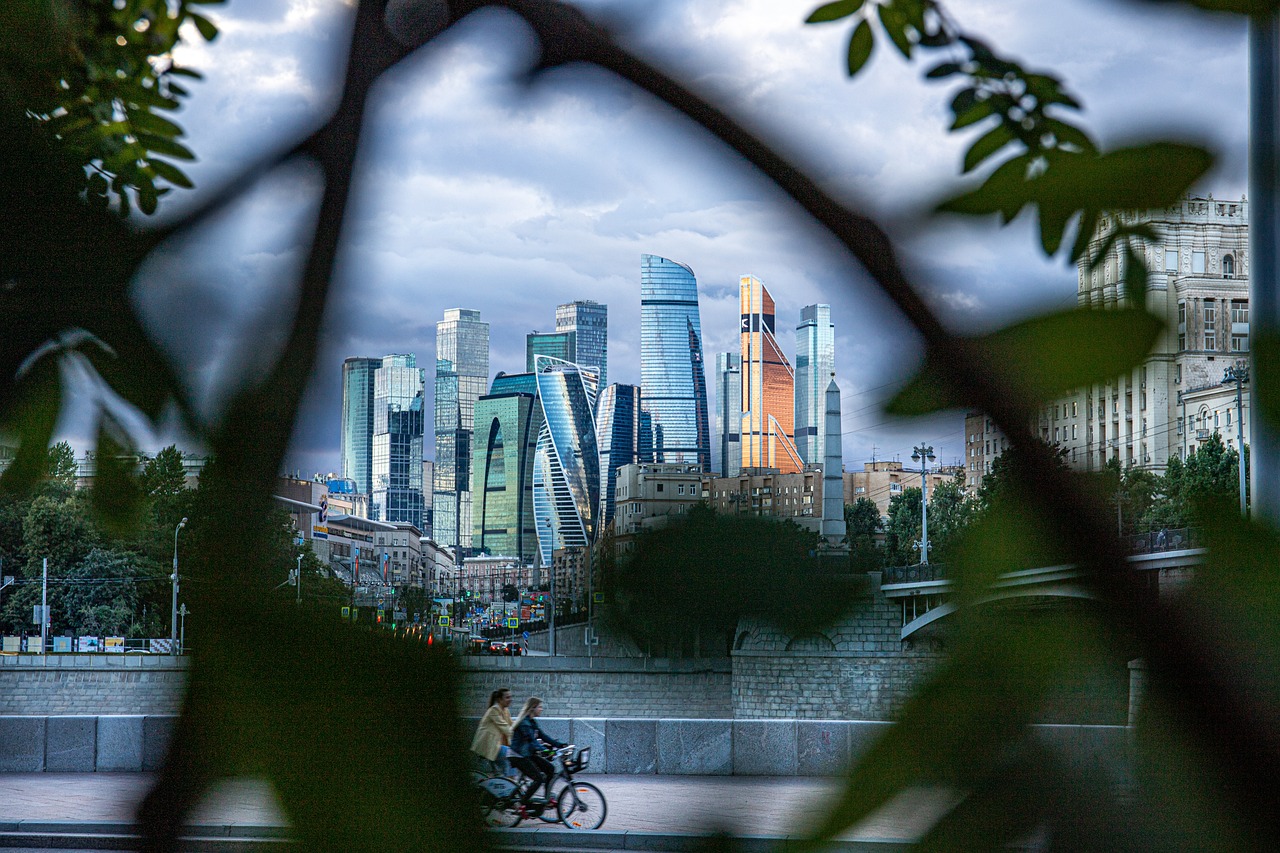The Impact of Fashion on International Markets: World777 login, 11xplay online, Betbook247
world777 login, 11xplay online, betbook247: Fashion has always been a powerful tool for self-expression and creativity. In recent years, it has also become a driving force in international markets, shaping consumer preferences, influencing economies, and connecting people from different parts of the world. From luxury brands to fast fashion retailers, the impact of fashion on international markets is undeniable.
The global fashion industry is worth billions of dollars, with major fashion capitals like Paris, Milan, London, and New York setting the trends for the rest of the world. But how exactly does fashion influence international markets? Let’s take a closer look at the role of fashion in shaping the global economy and consumer behavior.
Trendsetting and Globalization
One of the most significant impacts of fashion on international markets is its role in trendsetting and globalization. Fashion trends spread rapidly across borders, thanks to social media, fashion magazines, and celebrity endorsements. What starts as a local trend in one country can quickly become a global phenomenon, influencing consumers in different parts of the world.
For example, the rise of streetwear and athleisure has been a global trend in recent years, with consumers from Tokyo to New York embracing casual, sporty styles. Major brands like Nike, Adidas, and Supreme have capitalized on this trend by creating limited-edition collaborations and exclusive drops that appeal to a global audience.
Economic Impact
Fashion is not just about style and trends; it also plays a significant role in the global economy. The fashion industry employs millions of people around the world, from designers and manufacturers to retailers and marketing professionals. In countries like China, India, and Bangladesh, the fashion industry is a major driver of economic growth and development.
The luxury fashion sector, in particular, has a significant impact on international markets. Luxury brands like Chanel, Gucci, and Louis Vuitton generate billions of dollars in revenue each year, attracting affluent consumers from around the world. These brands also play a crucial role in promoting tourism and luxury shopping destinations, such as the Champs-ɬys饳 in Paris or Fifth Avenue in New York City.
Sustainability and Ethical Consumption
With growing awareness of environmental issues and social responsibility, consumers are becoming more conscious of the impact of fashion on the planet. Sustainable and ethical fashion has become a major trend in the industry, with brands like Stella McCartney and Patagonia leading the way in eco-friendly and fair trade practices.
Consumers are increasingly demanding transparency and accountability from fashion brands, pushing companies to adopt sustainable practices and ethical sourcing. This shift towards conscious consumption is reshaping the fashion industry and influencing international markets. For example, the rise of eco-friendly materials like organic cotton and recycled polyester is transforming the way clothes are made and marketed to consumers.
Cultural Exchange and Diversity
Fashion is a powerful tool for cultural exchange and diversity, bringing together people from different backgrounds and traditions. International fashion weeks, such as Paris Fashion Week and London Fashion Week, showcase the creativity and talent of designers from around the world, promoting cultural diversity and global collaboration.
By incorporating elements of local traditions and craftsmanship into their collections, designers can create unique and authentic pieces that resonate with consumers on a global scale. The blending of Eastern and Western influences, for example, has become a popular trend in fashion, with designers like Dries Van Noten and Kenzo drawing inspiration from diverse cultures.
Digital Innovation and E-Commerce
The rise of e-commerce and digital technology has revolutionized the way fashion is consumed and marketed in international markets. Online retailers like ASOS, Net-a-Porter, and Farfetch have made it easier for consumers to shop for fashion from anywhere in the world, breaking down barriers and expanding the reach of brands across borders.
Social media platforms like Instagram and TikTok have also played a crucial role in shaping consumer behavior and driving trends in the fashion industry. Influencers and fashion bloggers have become powerful tastemakers, showcasing the latest styles and products to millions of followers around the world. This digital revolution has transformed the way fashion brands connect with consumers and market their products on a global scale.
The Future of Fashion in International Markets
As the fashion industry continues to evolve and adapt to changing consumer preferences and market dynamics, the impact of fashion on international markets is only set to grow. From sustainable and ethical practices to digital innovation and cultural exchange, fashion will play a key role in shaping the global economy and connecting people from different parts of the world.
FAQs
Q: How does fast fashion impact international markets?
A: Fast fashion brands like Zara, H&M, and Forever 21 have revolutionized the way consumers shop for clothes, offering trendy and affordable styles at rapid speed. While fast fashion has democratized fashion and made it accessible to a wider audience, it has also been criticized for its environmental impact and unethical labor practices.
Q: What role do fashion weeks play in international markets?
A: Fashion weeks are a crucial platform for designers to showcase their collections to buyers, press, and consumers from around the world. Major fashion capitals like Paris, Milan, London, and New York host biannual fashion weeks that set the trends for the upcoming season and drive consumer demand.
Q: How can consumers support sustainable and ethical fashion?
A: Consumers can support sustainable and ethical fashion by shopping from brands that prioritize transparency, fair trade, and eco-friendly practices. By educating themselves on the impact of their purchasing decisions and choosing to support ethical brands, consumers can drive positive change in the fashion industry.
In conclusion, the impact of fashion on international markets is multifaceted and far-reaching. From trendsetting and economic growth to sustainability and cultural exchange, fashion plays a vital role in shaping consumer behavior and connecting people from different parts of the world. As the industry continues to evolve, it is important for brands and consumers alike to embrace innovation and responsible practices that promote a more inclusive and sustainable future for fashion.







